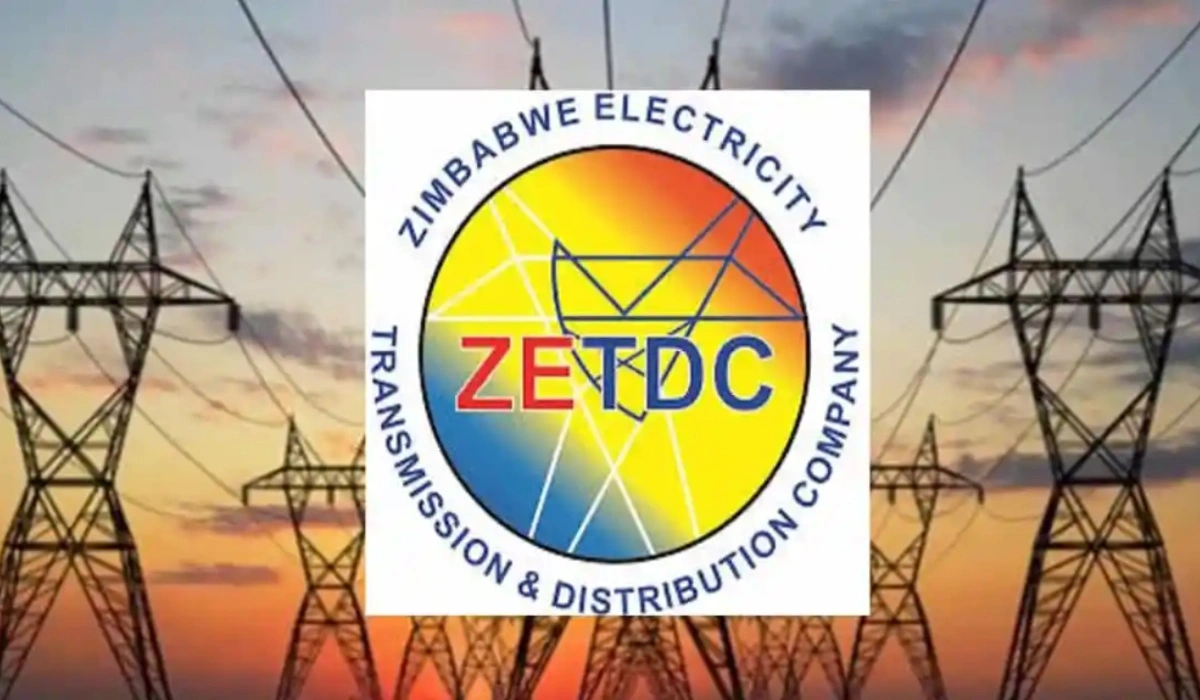Zimbabwe’s latest attempt at currency stability, the ZiG, is teetering on the brink not from runaway inflation, but from creeping irrelevance and dwindling public trust. The gold-backed local currency is facing a credibility crisis that policy tweaks alone may not be able to fix.
Unlike past monetary failures marked by hyperinflation, the ZiG short for Zimbabwe Gold is slipping into disuse amid a sustained liquidity crunch and lukewarm public reception. According to a report by Imara Asset Management, the country’s oldest independent brokerage, the real threat isn’t a dramatic collapse but a slow fade into obscurity.
Launched with much fanfare and anchored by 2.5 tons of gold and $100 million in foreign reserves, the ZiG was Zimbabwe’s sixth currency in just 15 years. Yet despite official optimism, the public has overwhelmingly stuck with the U.S. dollar, which now dominates over 80% of all transactions, alongside limited use of the South African rand.
President Emmerson Mnangagwa has pledged to make the ZiG Zimbabwe’s sole legal tender by 2030, gradually eliminating the current multicurrency system. But on the ground, confidence is waning. The ZiG’s value has already slid, and government efforts to boost adoption such as mandatory pricing in local currency have seen limited success.
In defense of the currency, Reserve Bank of Zimbabwe monetary policy committee member Persistence Gwanyanya dismissed Imara’s critique, arguing that liquidity issues are confined to the parallel market. “It’s not extinction of ZiG,” Gwanyanya asserted, “but unwinding of U.S. dollar positions into the local currency that’s next and will help release credit into the economy.”
But Imara sees it differently. The brokerage contends that the central bank’s high interest rate policy—meant to stabilize the ZiG and control inflation—has had the opposite effect, further entrenching reliance on the U.S. dollar by discouraging local borrowing and investment.
Their bottom line? Monetary policy, no matter how tightly calibrated, won’t succeed in isolation. Imara calls for a broader economic rethink: increased government revenue, disciplined spending, and possibly, an honest conversation about whether the ZiG experiment should continue.
“It would be better simply to scrap it and move on,” the firm concluded starkly.
As Zimbabwe eyes a 2030 deadline to unify its currency system under the ZiG, the road ahead appears steep. Without renewed public trust and a more holistic economic strategy, the country’s golden bet may be quietly losing its shine.









Comments